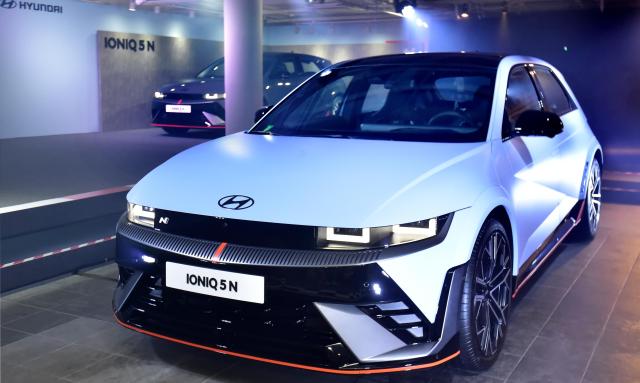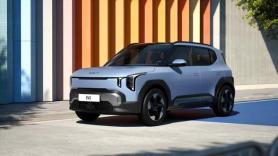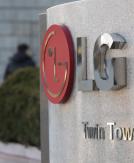
Data released by Volkswagen, the world's second-largest carmaker, showed that during the first three quarters of 2023, the German automobile company saw a 45 percent increase in its EV sales compared to the same period in 2022. However, Volkswagen said that EV orders dropped by half at the end of the third quarter, falling to 150,000 units from last year's 300,000 units.
According to various market analysts, the decline in global EV demand can be attributed to the fact that, despite numerous governments offering substantial subsidies to curb climate change, EVs remain expensive for many consumers who hesitate to make purchases through installment payments or loans due to high-interest rates. Other global carmakers experienced a similar situation as Volkswagen did in the latter half of 2023.
South Korea's EV exports in 2023 showed a similar trend. Data released by the Korea Automotive Technology Institute (KATECH) on December 19 showed that exports of EVs and FCEVs in the first three quarters of 2023 increased by 40.9 percent on-year. The growth rate continued to increase through 2021 (44.4 percent on-year) and 2022 (44.1 percent on-year).
It is likely for South Korean carmakers, including the world's third-largest Hyundai auto group, to meet the same fate as its foreign rivals. Through a report, Hyundai said that it sold a total of 365,576 units to domestic and overseas markets in November, up 18.3 percent compared to the same period in 2022. However, only 4,433 Hyundai's EVs were sold in November, down 44.5 percent from sales of 7,989 EVs recorded in November last year.
Copyright ⓒ Aju Press All rights reserved.


![[CES 2026] LG Innotek showcases autonomous driving, EV solutions](https://image.ajunews.com/content/image/2026/01/06/20260106083216631868_278_163.jpg)

